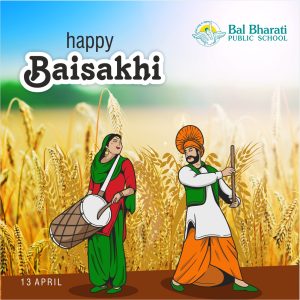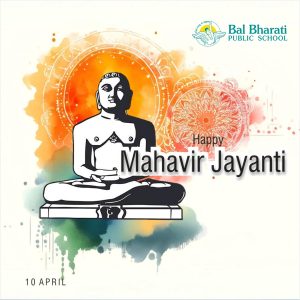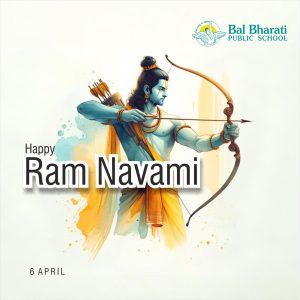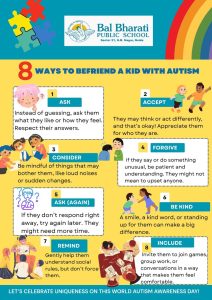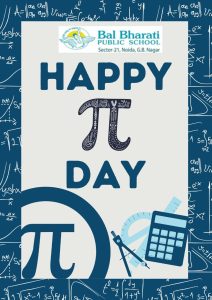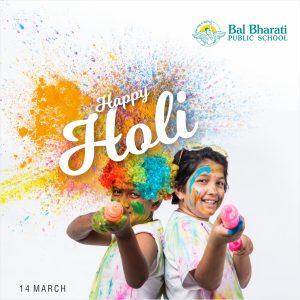11
What’s New
26
/ Location:
World Intellectual Property Day
“Innovation drives progress, and intellectual property fuels it.” This idea captures the essence of World Intellectual Property Day, celebrated every year on April 26th. Started by the World Intellectual Property Organization (WIPO), this day helps us understand how things like patents, trademarks, and copyrights protect the work of inventors, creators, and artists. These tools encourage people to think creatively and come up with new ideas.
Each year, World IP Day focuses on a special theme to help us learn more about the role of intellectual property in our daily lives. It reminds us that creativity and innovation can shape a better future for everyone.

20
/ Location:
Happy Easter
Wishing you and your loved ones a joyful Easter filled with hope, renewal, and blessings. May this season of resurrection inspire peace, love, and new beginnings in your life.

13
/ Location:
Happy Baisakhi
Wishing you and your family a joyful Baisakhi filled with prosperity, happiness, and good health. May this harvest festival bring new beginnings and strengthen the bonds of love and togetherness.

10
/ Location:
Mahavir Jayanti
Wishing you and your family a peaceful Mahavir Jayanti. May Lord Mahavir’s teachings of non-violence, truth, and compassion inspire us all to lead a life of righteousness and harmony.

9
/ Location:
World Health Day
"Take care of your body. It’s the only place you have to live!" – Jim Rohn 🌟🌍
On April 7th, we celebrate World Health Day, reminding us that a healthy start leads to a bright and happy future!
This year’s theme, "Healthy Beginnings, Hopeful Futures," encourages us to eat well, stay active, and take care of our minds and bodies. 🍎🏃♀️💙
Let’s make small, healthy choices every day—because a strong and happy YOU means a better tomorrow for all! 🌿😊🌞

6
/ Location:
Ram Navmi
Wishing you and your family a joyous Ram Navmi! May Lord Ram bless your lives with peace, prosperity, and happiness. Let’s celebrate the spirit of righteousness and devotion together.

02.04
/ Location:
World Autism Awareness
On this World Autism Awareness Day (2nd April), let’s celebrate the beauty of diversity and the strength of uniqueness. By fostering understanding, kindness, and inclusion, we create a world where every child feels valued and accepted.
"Different, not less." — Dr. Temple Grandin
Let’s stand together to build friendships that embrace differences and encourage acceptance 💙

14
/ Location:
Happy Pi Day
Pi (π) is more than just a number—it’s a symbol of infinity, discovery, and the beauty of mathematics. From the tiniest atoms to the vastness of galaxies, Pi plays a role in understanding the universe! 🌍✨
Today, let's celebrate the power of learning and the joy of exploring patterns in numbers. Happy Pi Day to all math lovers! 🧮🥧
#PiDay #MathIsEverywhere #CelebratePi

14
/ Location:
Happy Holi
Wishing you and your family a happy, vibrant, and safe Holi! May this festival of colors bring joy, harmony, and positivity into your lives. Let’s celebrate with love, respect, and environmental consciousness, fostering togetherness and happiness in our community




